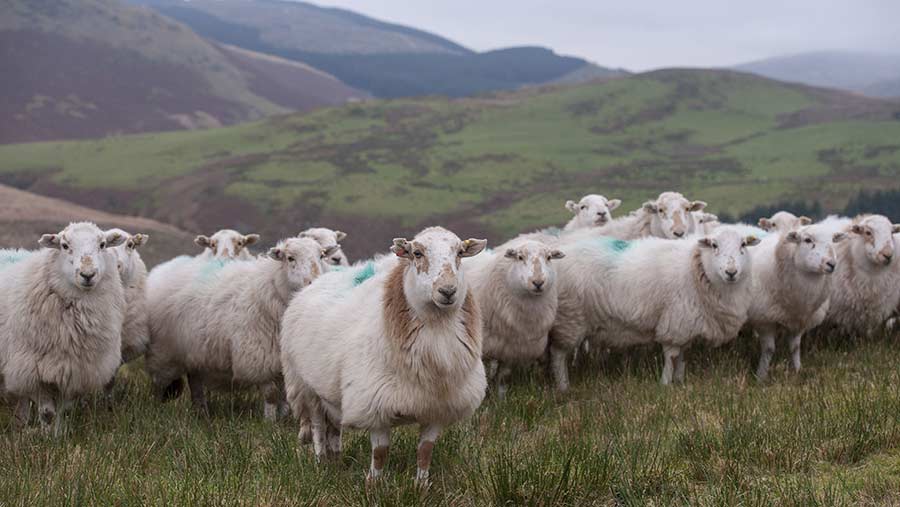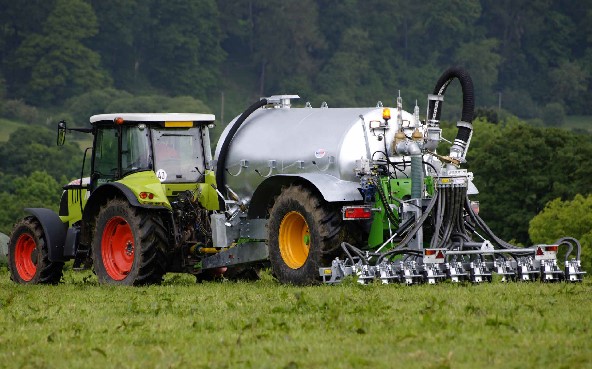This past month has been one of, if not the most, tumultuous of the entire Brexit process. It started off on a fairly promising note with EU leaders (most notably the German Chancellor) giving the UK Government 30 days to put forward its proposals on an alternative to the Backstop. However, the mood has become more downbeat since then with the publication of the Government’s plans for a No-Deal Brexit (Operation Yellowhammer – see previous article), the prorogation of Parliament which the UK Supreme Court has judged to be unlawful, and the disclosure of the UK Government’s alternative Backstop arrangements (delivered by a ‘non-paper’) which the EU deemed to have failed each of Brussels’ three key criteria. All the while, the Government’s preparations for a No-Deal continue apace with some notable updates of relevance to agri-food trade.
Prorogation of Parliament ‘Unlawful’
This was the unanimous verdict of eleven Supreme Court judges delivered on 24th September. The prorogation has been rendered void and Parliament resumed on 25th September. This is another major setback for the Prime Minister as the Government no longer has a majority in the House of Commons (HoC) as it removed the whip from 21 MPs for voting against the Government. The PM also lost his bid to have a mid-October election and there appears to be very little appetite for MPs to agree on any long-term course of action on Brexit. A summary of the current state-of-play is;
- Brexit could still be achieved by getting a deal with the EU ratified by Parliament: despite the embarrassment arising from the Supreme Court ruling, Brexit is still achievable if the UK Government can achieve a deal with the EU at the EU Council meeting on 17-18th October, and thereafter, getting a majority of MPs to back that deal.
- If a deal with the EU is not achievable, Article 50 would be extended again: the ‘Benn Act’ (officially titled the European Union (Withdrawal) (No. 2) Act 2019) passed by MPs a few weeks back would result in another mandatory extension of Article 50, if a Brexit Deal cannot be reached during the EU Council. Theoretically, the PM could choose to ignore the Benn Act. Such a course of action would likely result in another Supreme Court case, with an unfavourable ruling again likely. In such a scenario, it is possible that the Supreme Court could instruct another official to sign an Article 50 extension letter if the PM refused to do so.
- Agriculture Bill reinstated: the Agriculture Bill is currently at the Report stage ahead of a third reading at the House of Commons. With the prorogation of Parliament the Bill had ‘fallen’ – i.e. as it had not been passed by the end of the Parliament, it would have to be re-presented from scratch in the next Parliament. But, now the prorogation has been ruled illegal, the Bill has risen from the dead, As Brexit is likely to take up the vast proportion of Parliamentary time for the foreseeable future, it is likely that further progress on this Bill is still several weeks, if not months, away.
In this volatile environment, a General Election is becoming more likely, potentially in November if another Article 50 extension takes effect. However, there is also increasing talk of a Government of National Unity, led by one of the parental figures in the HoC (Harriet Harman or Ken Clarke). This move would require approval from Labour in a no confidence motion. However, its leadership would prefer that an alternative Government be led by Jeremy Corbyn. He would then seek to negotiate an alternative Brexit Deal with the EU and put that before the British people in a confirmatory referendum (with Remain the other option). So all of this effectively means that after three years, the three broad Brexit options (Deal, No-Deal, No Brexit) all remain in play, but it does make a No-Deal at the end of October less likely. Little wonder then that many think the Brexit process is going round in circles.
UK’s Alternative Backstop Proposals Not Legally Operable
Having been set the 30-day challenge by Angela Merkel a few weeks back to come up with a viable alternative to the Backstop, the UK’s proposals eventually emerged via a ‘non-paper’ (an unofficial document reflecting the ideas that the UK has put forward rather than concrete proposals representing a definitive UK Government view). These were deemed by the EU to fall short on all of its three key tests on viability and were not legally operable. These key tests (objectives of the Backstop) are;
- Having no hard border on the island of Ireland
- Protecting the all-island economy
- Preserving North-South cooperation
The UK proposed an all-island Sanitary and Phytosanitary (SPS) zone for agri-food goods; thus expanding the regulatory frontier that already exists for live animals between Northern Ireland and Britain. It would have only been applicable to some areas (e.g. animal health and food safety checks) and not others (e.g. labelling rules on ingredients, allergens and additives etc.). Furthermore, industrial goods and customs procedures relating to Northern Ireland would remain within UK rules, and not the EU regulatory regime as proposed by the original (NI-only) Backstop. From an EU perspective, this would potentially mean a gaping hole in the integrity of the Single Market as false declarations could potentially be made on what a consignment of goods contains, thus meaning that ineligible products would be smuggled into the EU market. In such a context, the imposition of a hard-border between Northern Ireland and Ireland would eventually become necessary, as alluded to by EU Commission President Jean-Claude Juncker recently.
The UK proposals also referred once again to (frequently untried and therefore untrusted) technological solutions and trusted trader schemes which have already been rejected several times by the EU. As we’ve argued previously, that is not to say that technology does not have a long-term role to play – it does – but given current capabilities, it cannot replace human intervention in undertaking physical checks to verify the eligibility of meat products and the like. In the meantime, some form of insurance mechanism (Backstop) is required.
In the coming weeks, it is likely that there will be an increased focus on finding a NI-only (or unique set of arrangements for NI’s circumstances) route to overcome the impasse. As a minimum, this would have to encompass harmonisation with EU regulations on the entirety of agri-food-related regulations within Northern Ireland (and applicable to goods entering NI) whilst ensuring that the province’s constitutional status within the UK is not affected in any way. Recently, the prospect of giving the Stormont Executive (currently suspended) a role in the acceptance of such regulations was mooted; however, the EU does not want NI to have a veto on the imposition of rules across the Single Market. It is prepared to countenance a consultative role, similar to that offered to Norway and Switzerland in some areas. Perhaps one way to address this would be to give the NI Executive some voting rights in a qualified majority voting context, but no veto? However, the extent to which that would be legally operable is questionable.
More Brexit Preparation Notices Published
There has been a continued ramping-up of efforts by the Government to help businesses to prepare for post-Brexit trade with the EU. Some of the key notices published recently are ;
Undoubtedly, the Government’s preparations for Brexit are accelerating but significant gaps remain, particularly when it comes to issues associated with Northern Ireland. Furthermore, publishing guidance is one thing, ensuring that businesses and relevant competent authorities are operationally ready for the changes imposed is another matter entirely.








